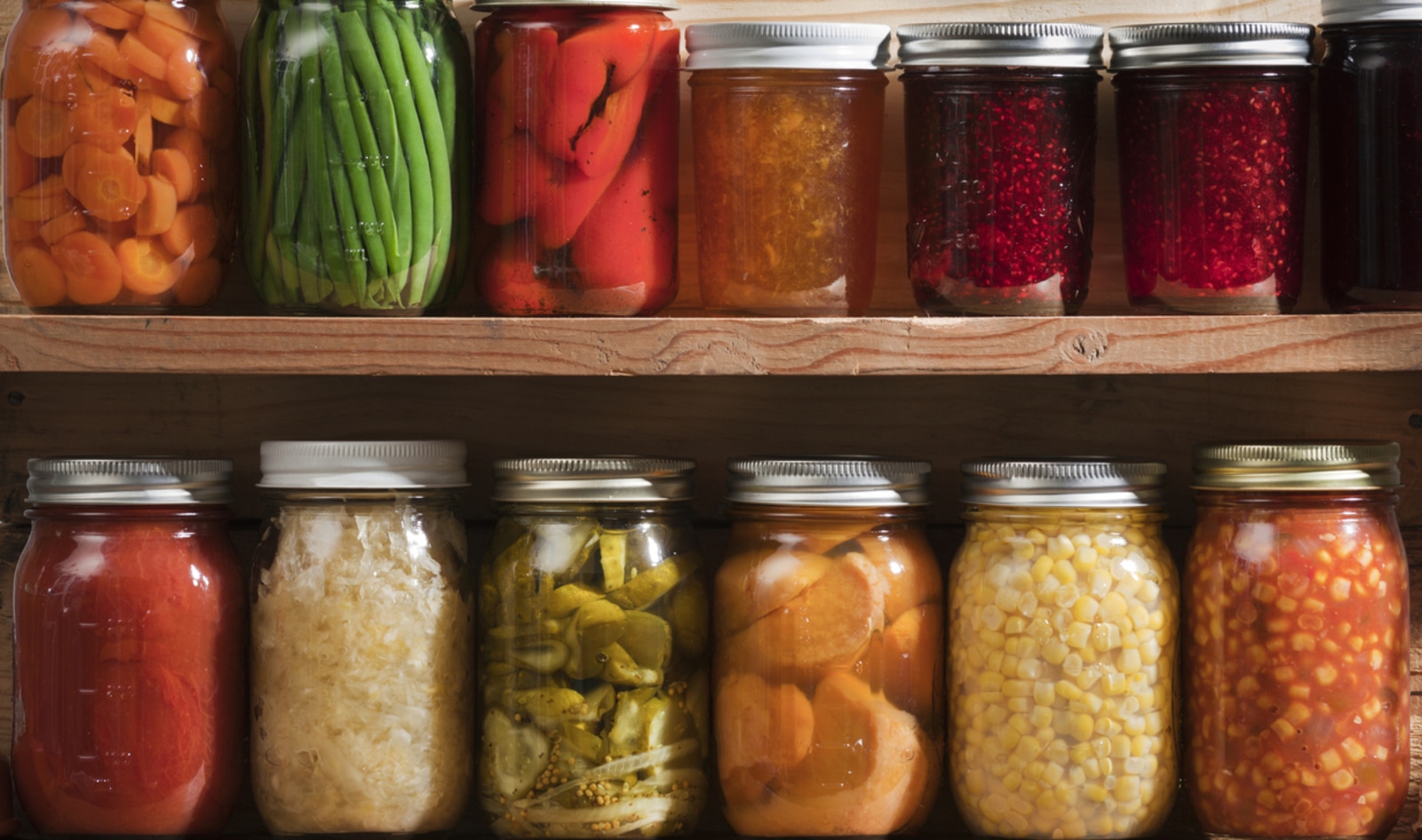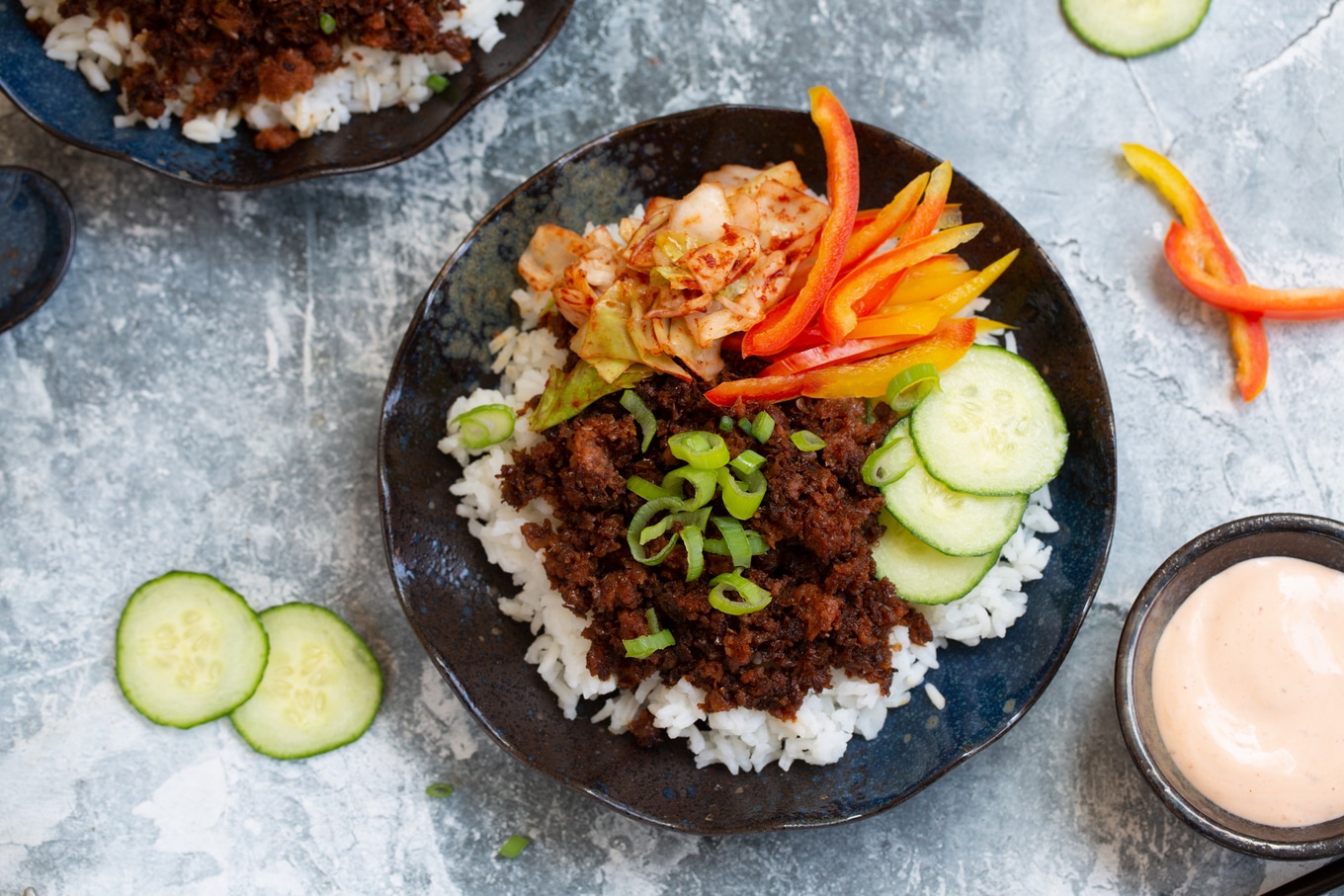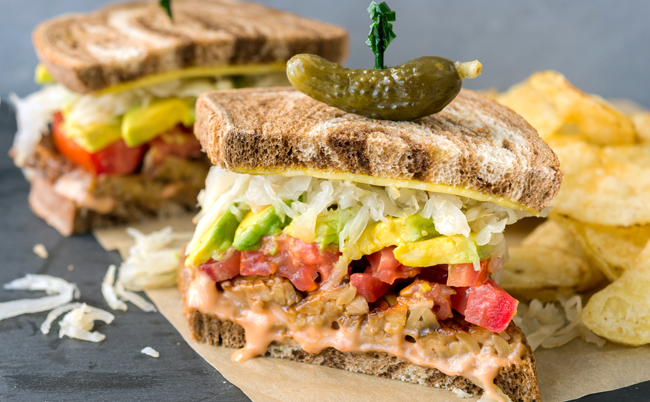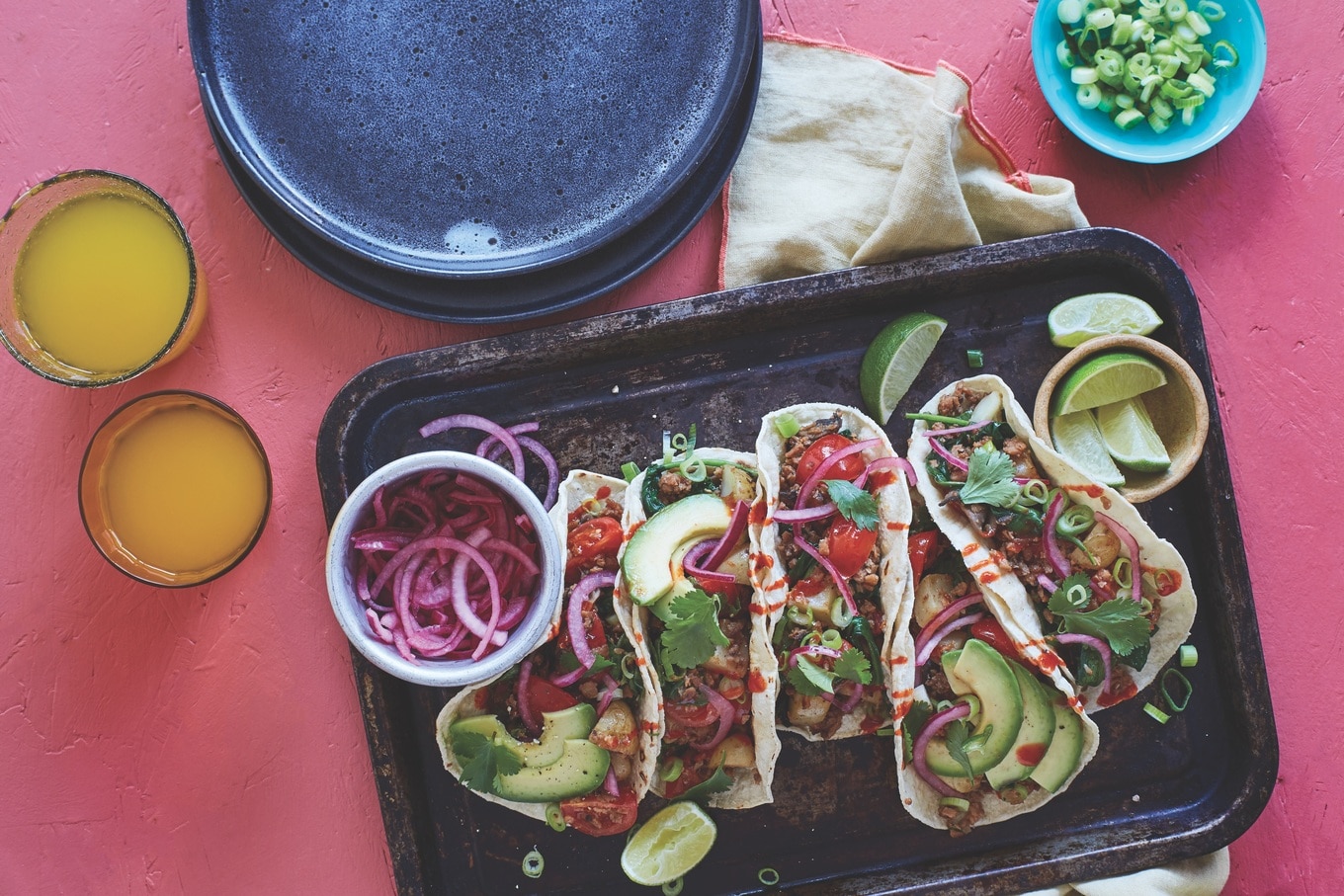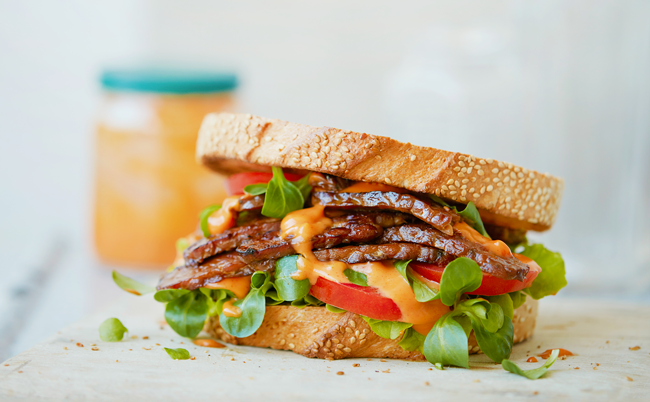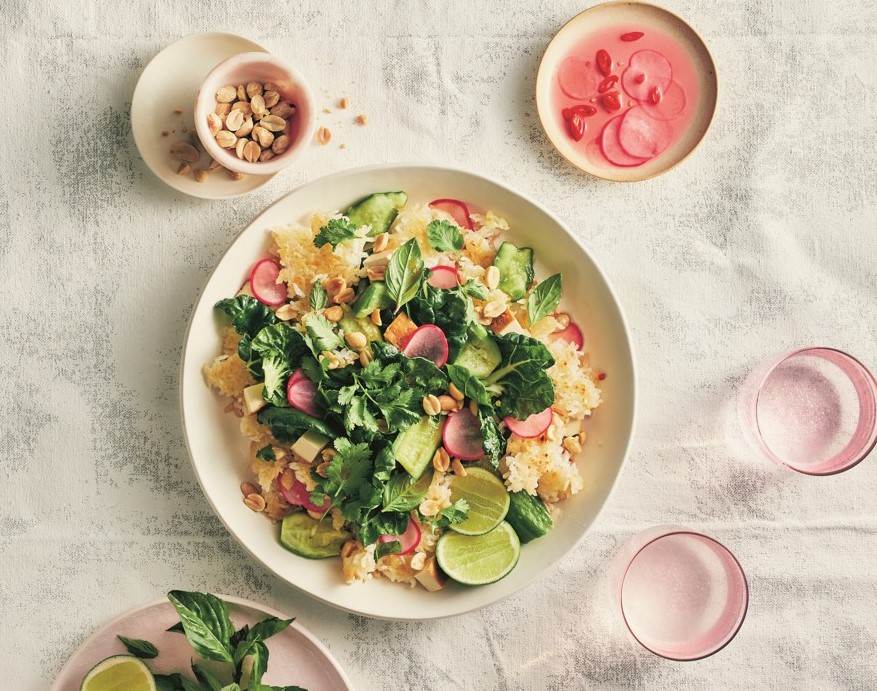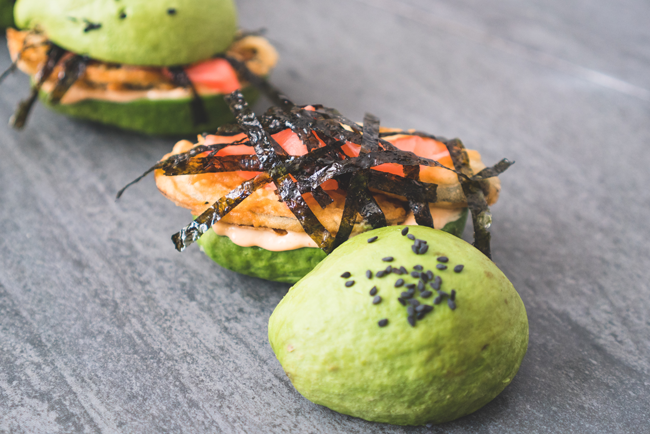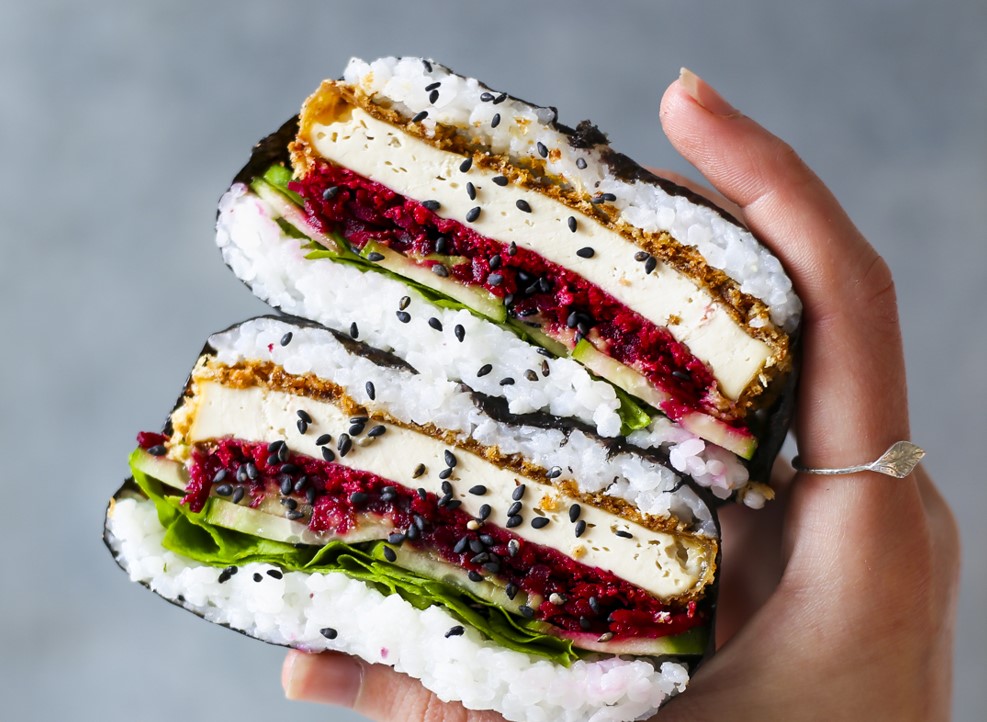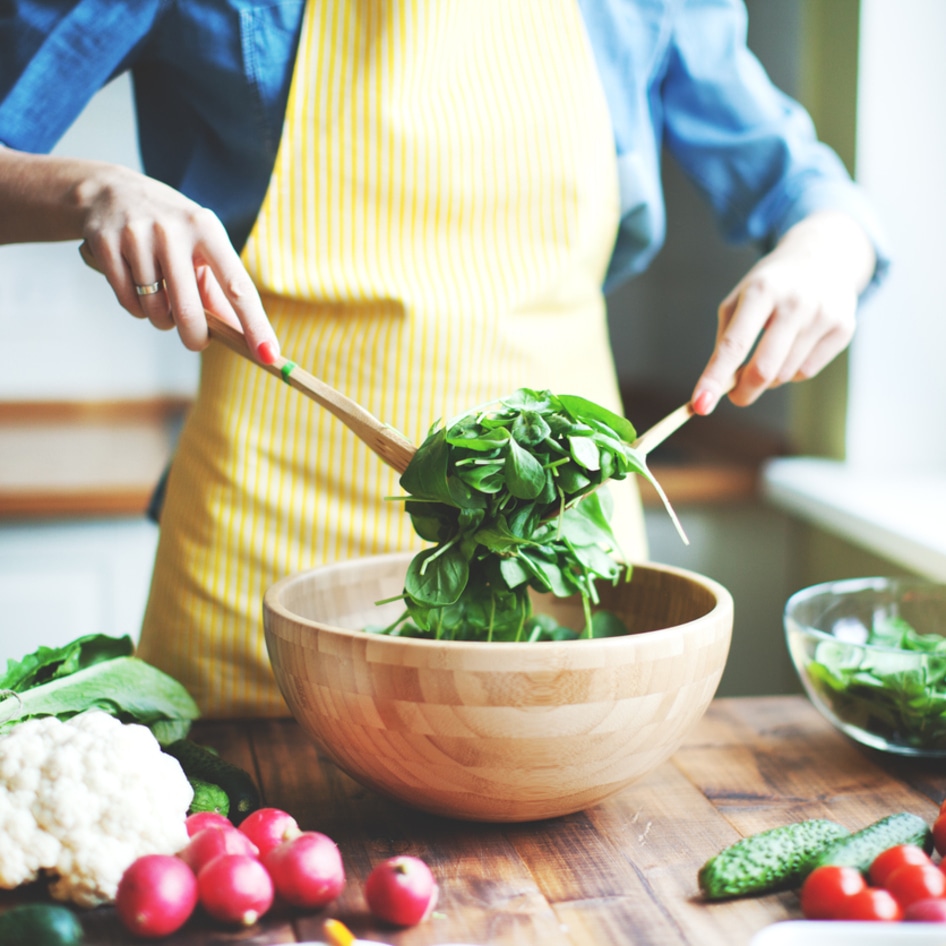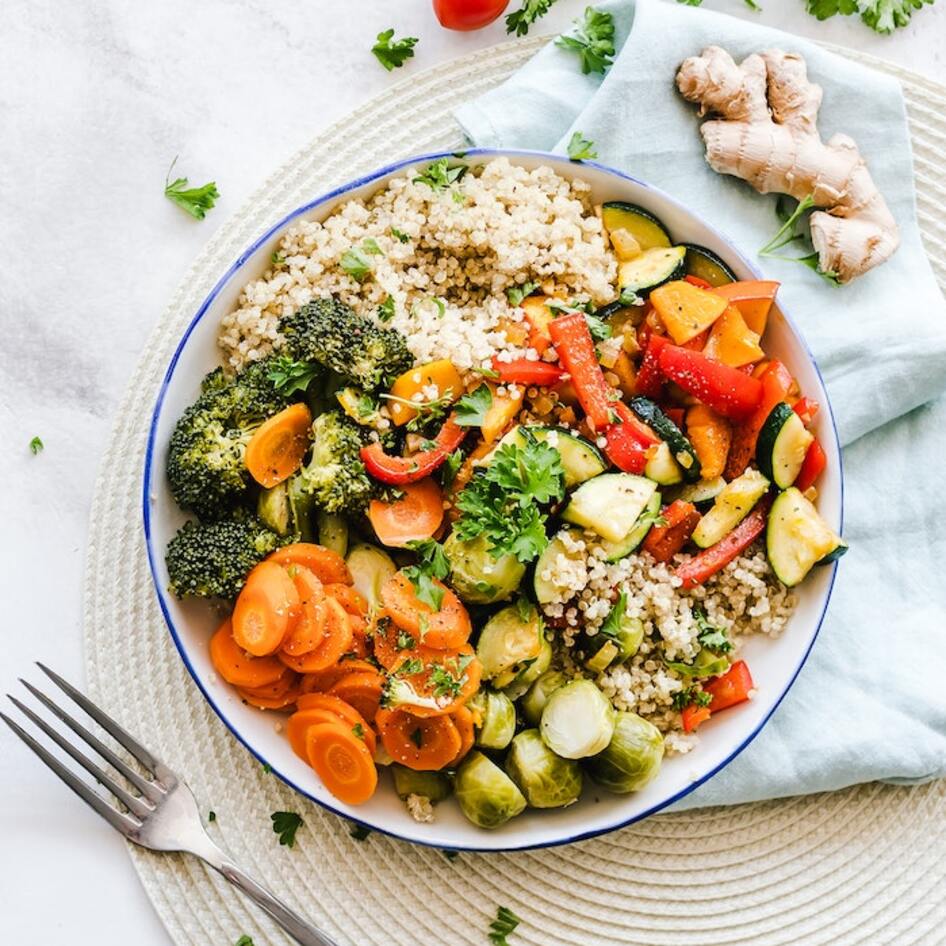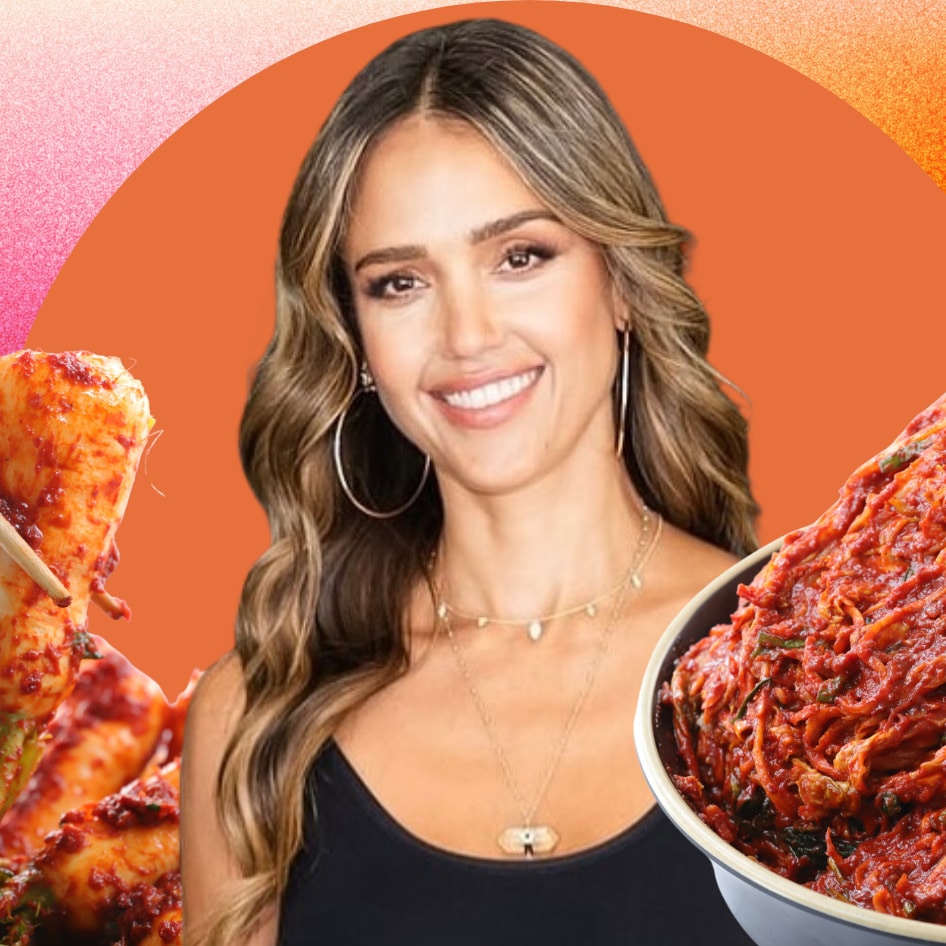Most of us think of small cucumbers when we think of pickles, but actually, pretty much anything can be pickled. Cabbage, radishes, onions, carrots, beets—the limit does not exist. And they’re all great for the gut. Here’s more about the best plant-based pickled foods, why they’re beneficial for our health, and how to enjoy them in vegan recipes.
What does pickling mean?
Pickling is an incredibly versatile technique. Fresh produce is added to a jar of brine, often with spices and herbs, before it is left to ferment for several weeks. It’s an ancient technique of food preservation, dating back thousands of years. In fact, it’s likely that people from Mesopotamia and Egypt first used pickling for food preservation.
Over the centuries, pickling became popular around the world. Kimchi, which usually consists of napa cabbage and Korean radishes, is an example of a Korean pickled food, while sauerkraut, a fermented cabbage dish, originates from Germany.
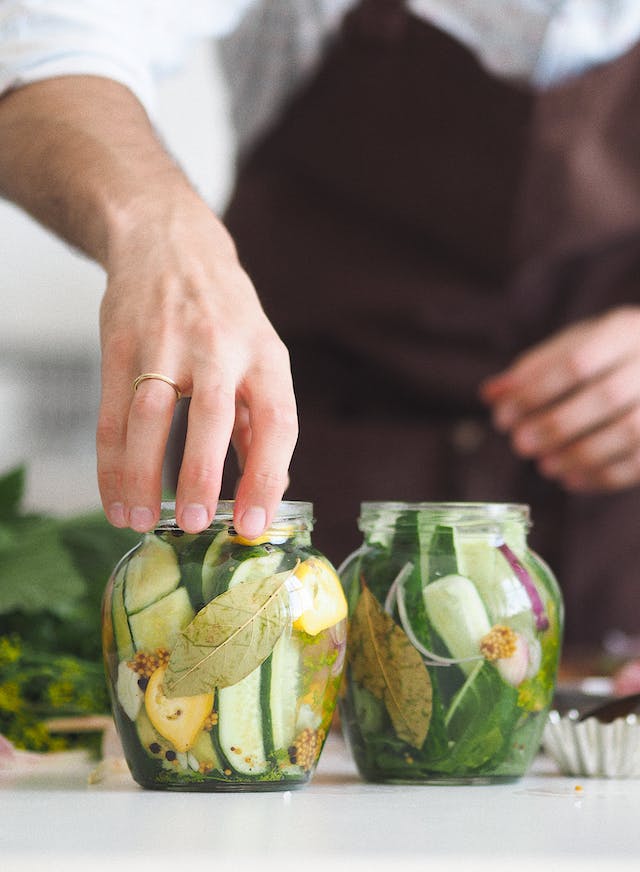 Pexels
Pexels
Are pickled foods good for gut health?
During the pickling process, microorganisms, usually bacteria, convert sugars into acids and gasses, creating an environment that not only preserves the food but also creates flavor and probiotics. When we eat pickled foods, these probiotics help to maintain a healthy number of good bacteria in our gut, which, research suggests, may have multiple health benefits.
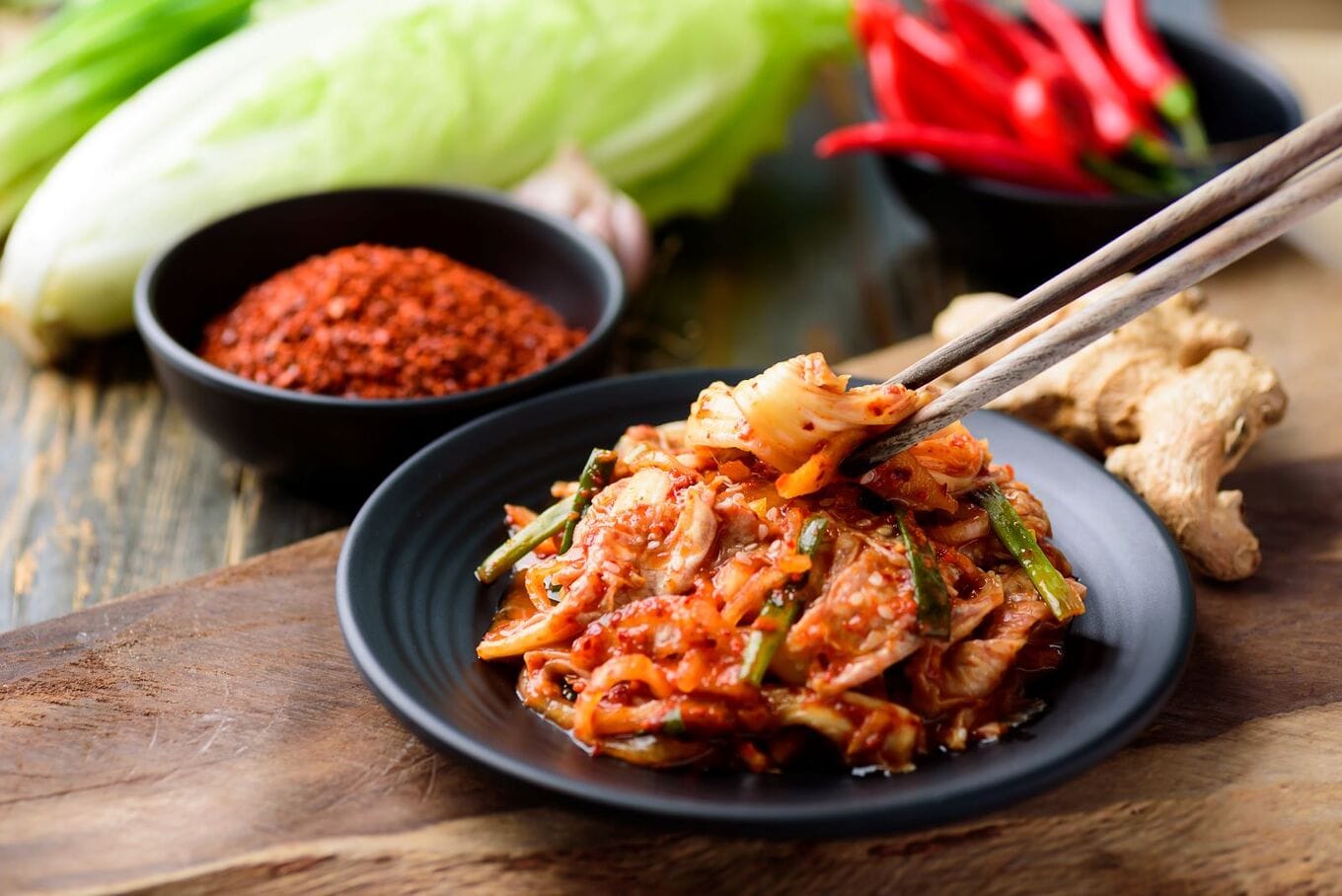 Adobe
Adobe
In fact, studies have suggested that maintaining good gut health could even reduce the risk of certain cancers, heart disease, depression, and anxiety disorders. Plus, pickled foods are usually vegetables, which already come with a whole host of vitamins, minerals, and antioxidants that are good for our health.
There is one thing to look out for though if you’re buying pickled foods, and that’s vinegar. Vinegar is a common ingredient in quick pickling or refrigerator pickling, where the pickling process is relatively short and doesn’t involve fermentation. In some commercial pickling processes, vinegar and heat are used to quickly preserve food, and this process may kill off the beneficial bacteria.
7 pickled plant-based foods to try (plus, vegan recipes)
If you want to boost your consumption of gut-healthy pickled foods, the great news is you have many different options to choose from. That’s because, as we stated previously, you can pretty much pickle anything you like. But here are some of our favorite examples of pickled plant-based foods (plus, delicious vegan recipe ideas to eat them with).
1 Kimchi
Kimchi, which hails from Korea, usually features cabbage and radishes and is seasoned with chili, garlic, and other spices. It’s loved for its spicy, tangy, umami-rich flavor, but it’s also high in probiotics (of course), as well as nutrients including vitamin A, vitamin C, B vitamins, fiber, potassium, and calcium.
Try it in a recipe: Vegan Korean BBQ Bowls With Kimchi
2 Sauerkraut
Traditionally from Germany, sauerkraut is made up of finely shredded cabbage, which has been salted and left to ferment. It’s popular across the US and is usually eaten in hot dogs and New York Reuben sandwiches. As well as probiotics, sauerkraut contains small amounts of vitamin C, vitamin K, iron, and manganese.
Try it in a recipe: New York-Style Vegan Reuben
3 Pickled Onions
Tangy pickled onions are a staple in many different cuisines—you’ll often find them in Mexican dishes, for example, as well as Middle Eastern mezes and British ploughman’s. While they’re often pickled with vinegar, they can be fermented in brine and salt, too.
Try it in a recipe: Vegan Mushroom-Sausage Breakfast Hash Tacos
4 Pickled Chilis
Pickled chilis can be found in many dishes, but they’re particularly popular in Asian, Middle Eastern, and Mexican cuisine. In fact, in Mexico, you’ll often find jalapeños en escabeche (pickled jalapeños) in tacos and sandwiches. Pickling chilis doesn’t take away their inherent spiciness, but it can make it even stronger (you have been warned).
Try it in a recipe: Vegan Korean-Inspired BLT With Spicy Gochujang Mayonnaise
5 Pickled Radishes
Pickled radishes—which are pleasantly crispy, tangy, and sour—are particularly popular in Korea. But they’re far from exclusive to the Asian country—pickled radishes are also enjoyed across Mexico and many Middle Eastern countries. Plus, they’re a good source of vitamin C, fiber, potassium, and folate.
Try it in a recipe: Crispy Rice Salad With Smashed Cucumbers and Spicy Pickled Radishes
6 Pickled Ginger
Also known as gari in Japan, pickled ginger—which is sweet and slightly spicy–is often served with sushi. Ginger is a great addition to your diet—it’s packed with anti-inflammatory compounds, antioxidants, and vitamins, including vitamin C and vitamin B6. Ginger is usually pickled with rice vinegar, but it can be fermented, too.
Try it in a recipe: Tempura Zucchini Burgers on Avocado Buns
7 Pickled Beets
Pickled beets are a staple across many Eastern European countries, where they’re served in salads or as a side dish, but they’re also particularly popular in the US. They can be fermented or quick-pickled with vinegar, and they’re a great source of fiber, antioxidants, vitamin C, folate, and B vitamins.
Try it in a recipe: Vegan Sushi Sandwich With Crispy Tofu and Pickled Beets
For more on gut health, read:
JUMP TO ... Latest News | Recipes | Guides | Health | Subscribe

